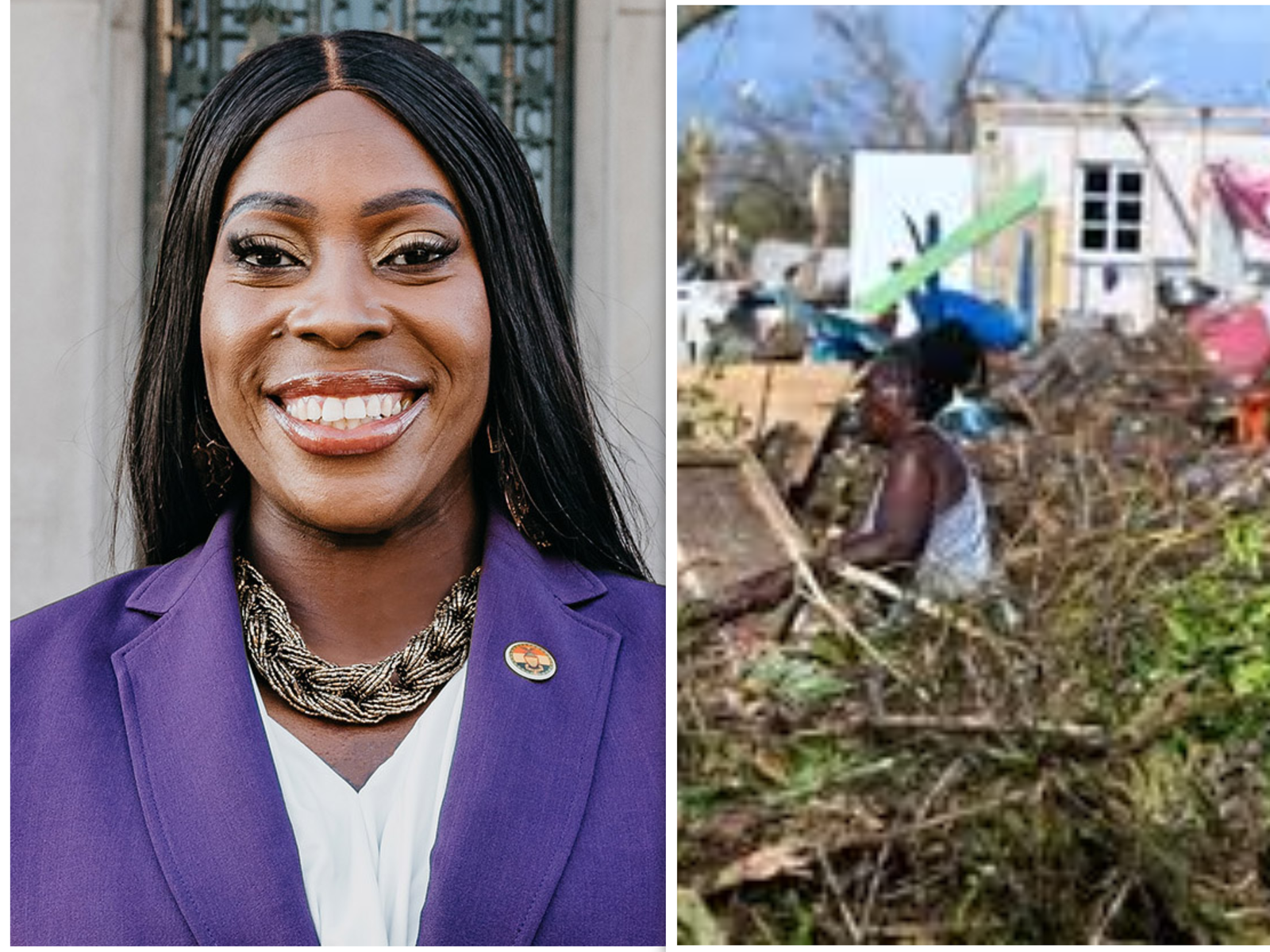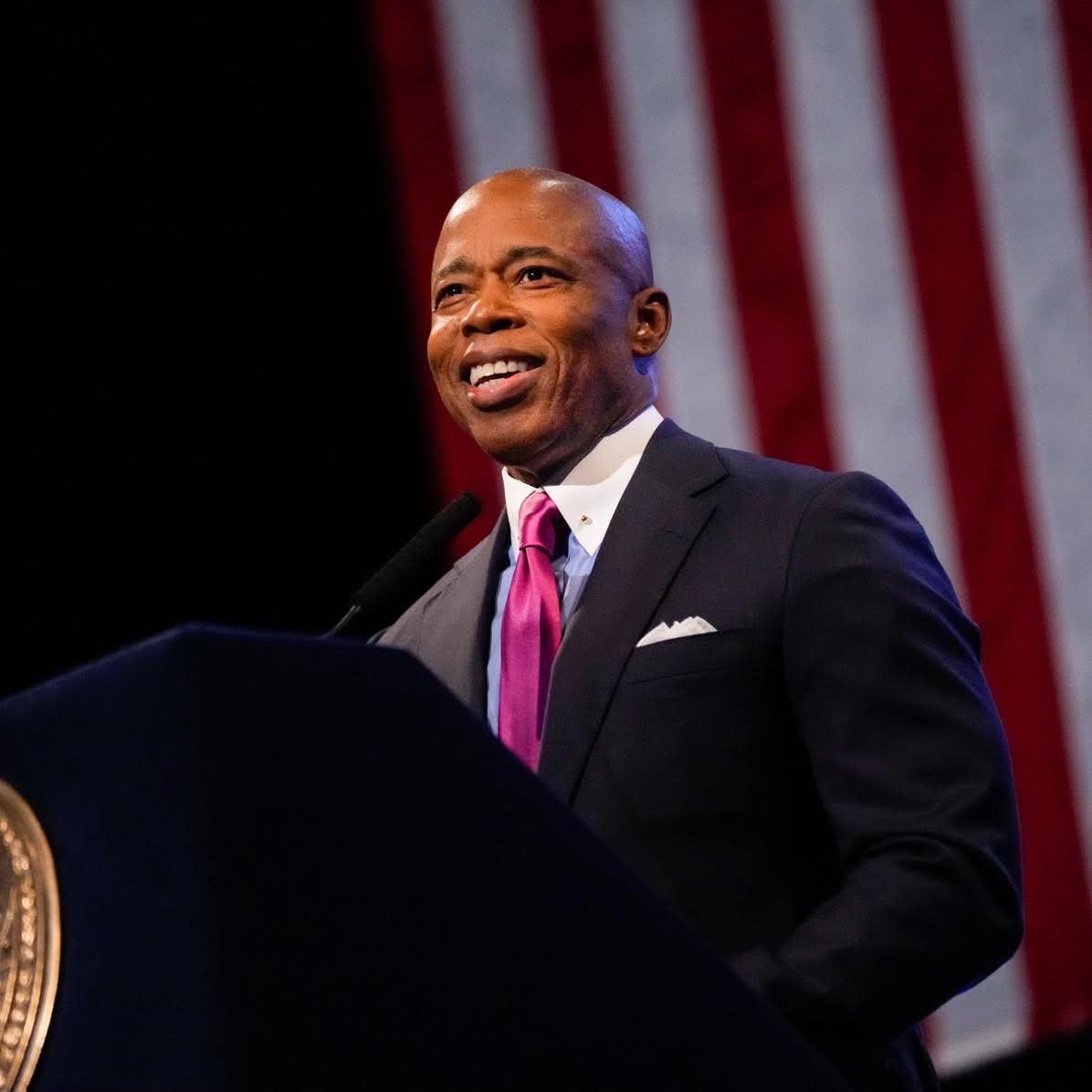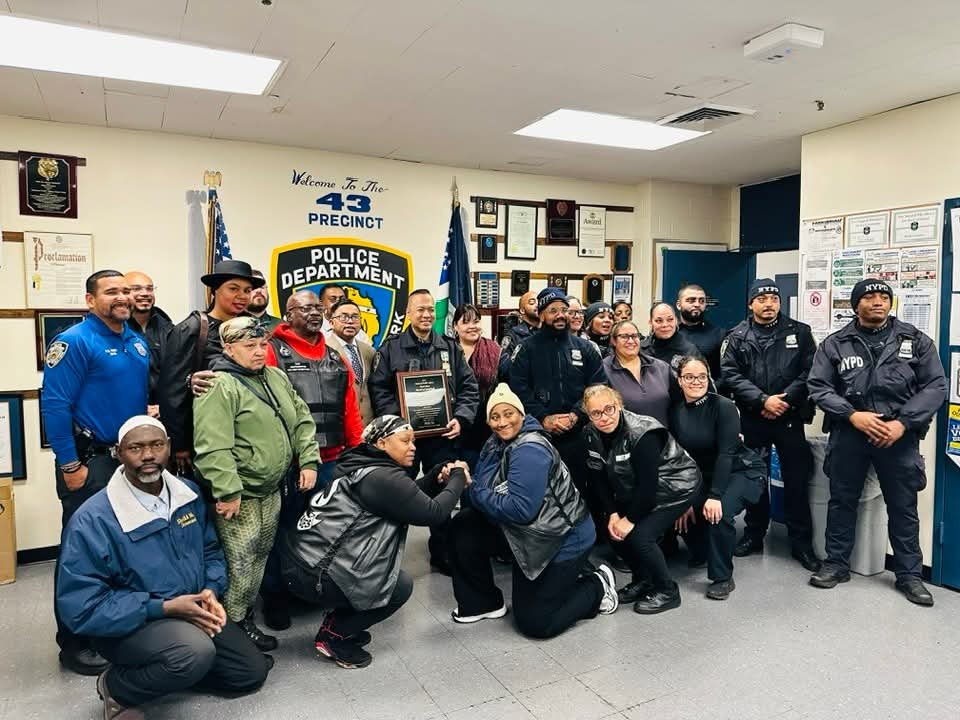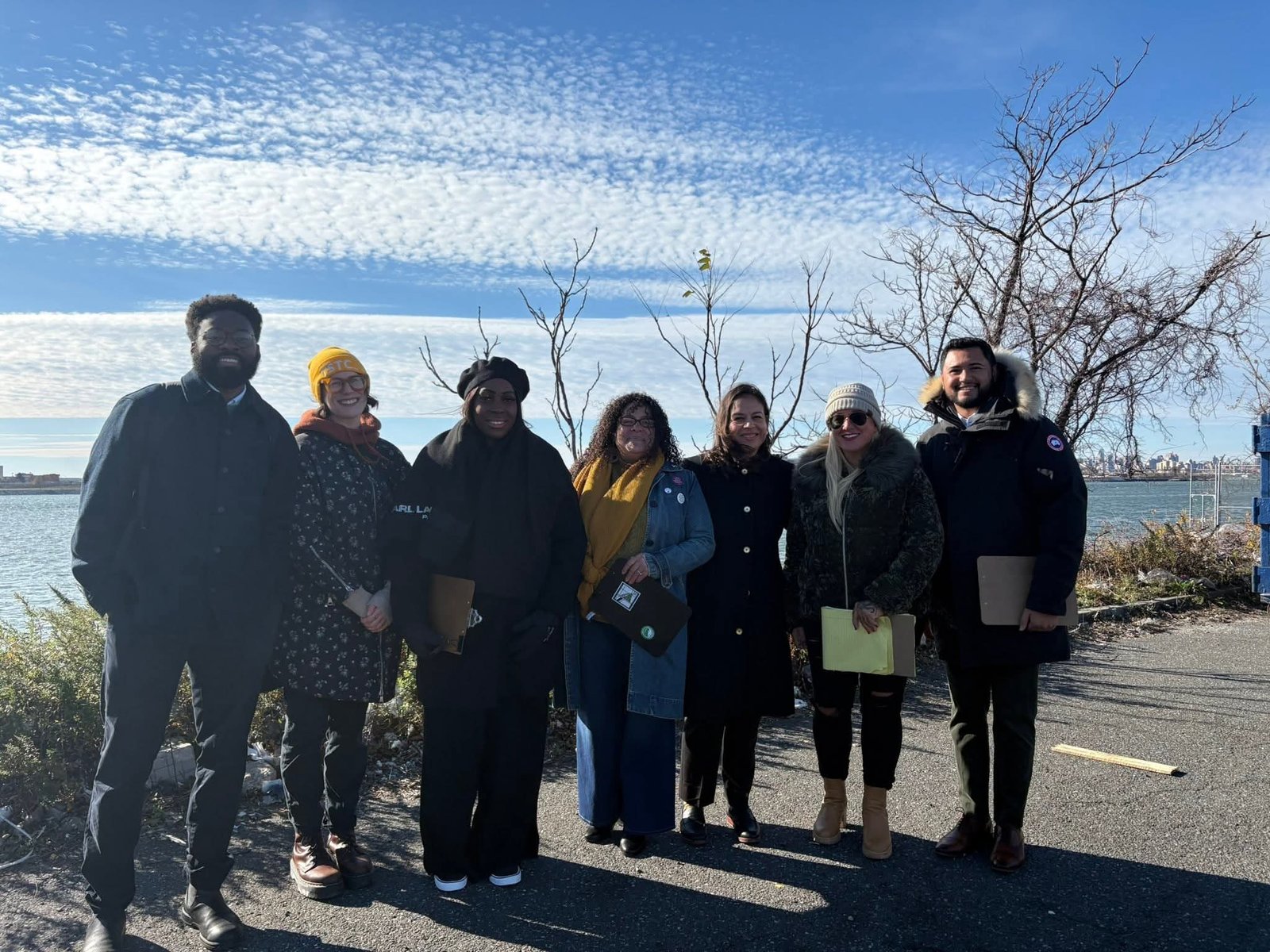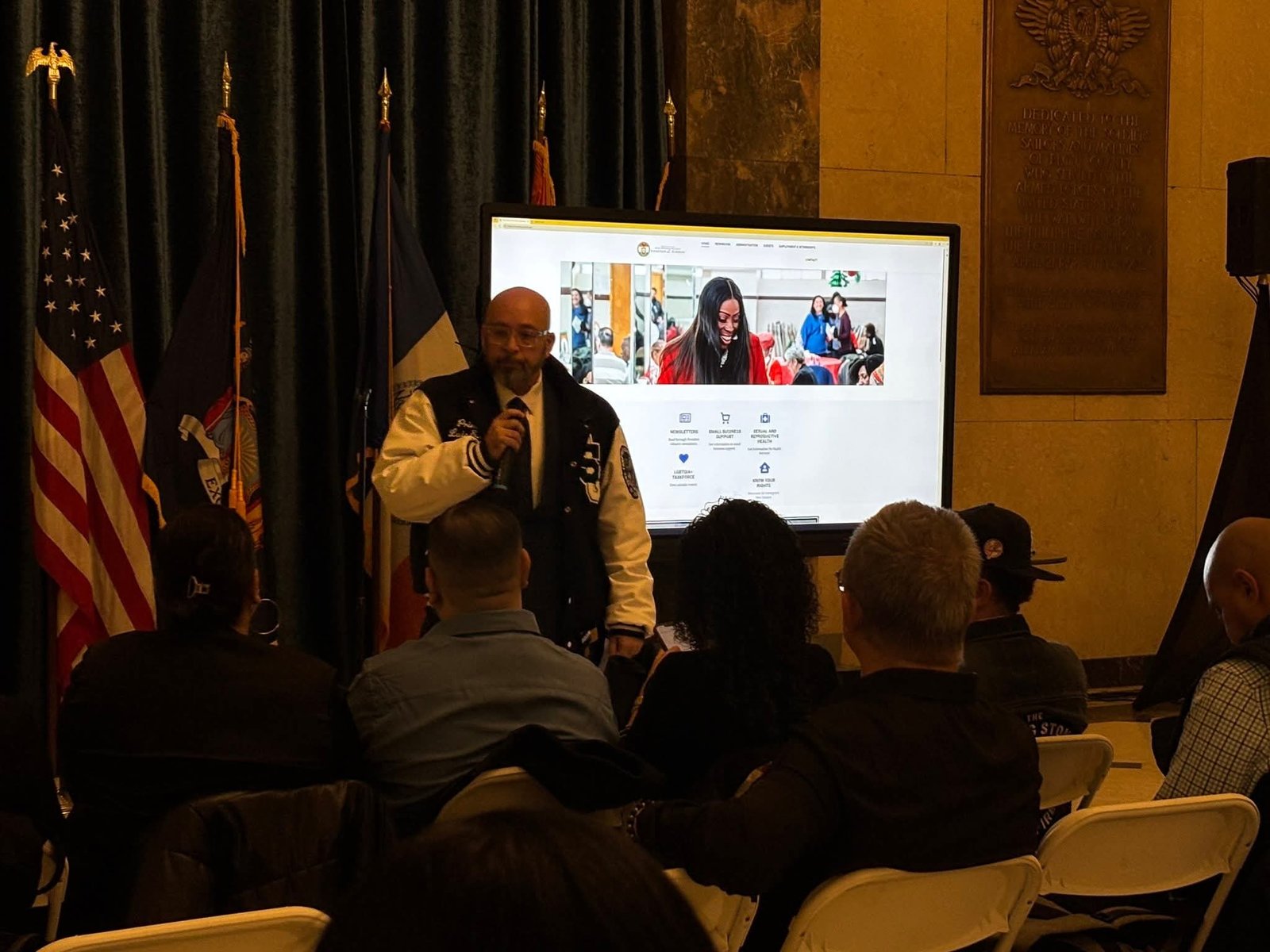
Flourishing in Community, a program led by Fordham University, is excited to announce the opening of its online application process for a groundbreaking initiative that will award $40 million in environmental justice grants over the next three years.
Funded by the U.S. Environmental Protection Agency (EPA) through the Inflation Reduction Act, this program aims to support community-based organizations in New York, New Jersey, Puerto Rico, the U.S. Virgin Islands, and eight federally recognized Indian Nations that have been disproportionately impacted by climate change and environmental hazards.
With the application process now open, eligible organizations—including municipalities, non-profits, and community groups—are encouraged to submit proposals for subgrants. Projects may include local clean-ups, emergency preparedness initiatives, environmental workforce development, air quality improvement programs, healthy homes initiatives, and efforts to combat illegal dumping.
The EPA awarded Flourishing in Community a total of $50 million to bolster community-driven solutions addressing environmental challenges. Of that sum, $40 million will be allocated to subgrants ranging from $75,000 to $350,000, while the remaining $10 million will support the establishment of dissemination channels and resources for subgrantees.
“EPA’s Environmental Justice Thriving Communities Grantmaking program was developed in partnership with communities to increase access and capacity for smaller grassroots and environmental justice groups,” said Lisa F. Garcia, EPA Regional Administrator. “This program improves the efficiency of the awards process, ensuring that communities can access the benefits of this climate justice funding. EPA is pleased to announce that Fordham University is now accepting applications under this grantmaking program.”
Dr. Julie Gafney, Associate Vice President for Strategic Mission Initiatives at Fordham University, expressed her enthusiasm for the initiative: “Today marks a historic day for Fordham University and the U.S. Environmental Protection Agency Region 2. We are embarking on a journey to allocate $40 million in federal funds to the frontline communities that bear the brunt of the climate crisis and environmental challenges. With their deep-rooted knowledge and innovative approaches, these resilient communities are well-equipped to tackle these pressing issues within their own neighborhoods. We look forward to applications throughout the region for workforce development programs, education pipelines, clean air and water initiatives, solar and green energy projects, planting, and improving access to green spaces and waterways. Our commitment to fostering community-led solutions is unwavering, and we firmly believe that this collaborative path is the most promising route for advancing higher education.”
Senator Chuck Schumer highlighted the importance of this initiative, stating, “Flourishing in Community is a first-of-its-kind effort that I made sure we amply funded in the historic Inflation Reduction Act. Overseen by Fordham University, it will directly invest in grassroots environmental justice groups to make our air cleaner, our children healthier, and our communities more resilient. These grants will help fund everything from increasing stormwater absorption to preventing the release of asthma-causing pollutants and investing in new green jobs for young New Yorkers. I am proud of Fordham University, and I’m excited to see how the vibrant network of New York and Puerto Rican grassroots environmental justice organizations access and activate this $40 million in federal funding to confront climate change and pollution at the grassroots level.”
Congressman Richie Torres also praised the initiative, saying, “As we face the monumental challenges of climate change and environmental justice, which disproportionately affect the Bronx and our brothers and sisters in Puerto Rico and the Virgin Islands, investments like the Inflation Reduction Act will become the backbone of our communities. The environmental justice grants Fordham received and is now open to applying for demonstrate the transformative power of the Inflation Reduction Act, the most impactful congressional action on clean energy and climate in our nation’s history.”
In collaboration with statutory partners such as the New York Immigration Coalition, New Jersey Alliance for Immigrant Justice, ConPRmetidos in Puerto Rico, and the Community Foundation of the U.S. Virgin Islands, Flourishing in Community will review and select projects to receive environmental funds.
Murad Awawdeh, President and CEO of the New York Immigration Coalition, stated, “We are excited and proud to partner with Fordham University and the EPA to help uplift community-based environmental justice programs in New York State. Vulnerable and marginalized communities across New York are all too often overburdened by environmental hazards, and this support will ensure that our low-income neighbors and neighbors of color are equipped with the tools they need to fight back.”
Amy Torres, Executive Director of the New Jersey Alliance for Immigrant Justice, added, “NJAIJ is proud to continue our mission to empower and protect immigrants, including climate refugees and those burdened by environmental racism. We look forward to working with Fordham and our statutory partners to realize the goals of this partnership so that every community can have the opportunity to flourish in the place they call home.”
As part of its ongoing commitment to environmental justice, Flourishing in Community has made available the EPA Disadvantaged Community Environmental and Climate Justice Program map, which helps organizations identify communities classified as disadvantaged and apply for subgrants.
Wanda Salamán, Chair of the Community Leadership Board for Flourishing in Community, emphasized the importance of equitable access to funding: “We want to ensure that everyone in our communities has a fair and equitable chance to apply for this funding now that the application is open. It is especially important that disadvantaged communities, often the most affected by environmental and social inequities, are in leadership roles in this process. By having a voice in reviewing applications and shaping the direction of these initiatives, our goal is that the federal funding reaches those who need it most and at the same time are leading the way toward a more sustainable future.”


